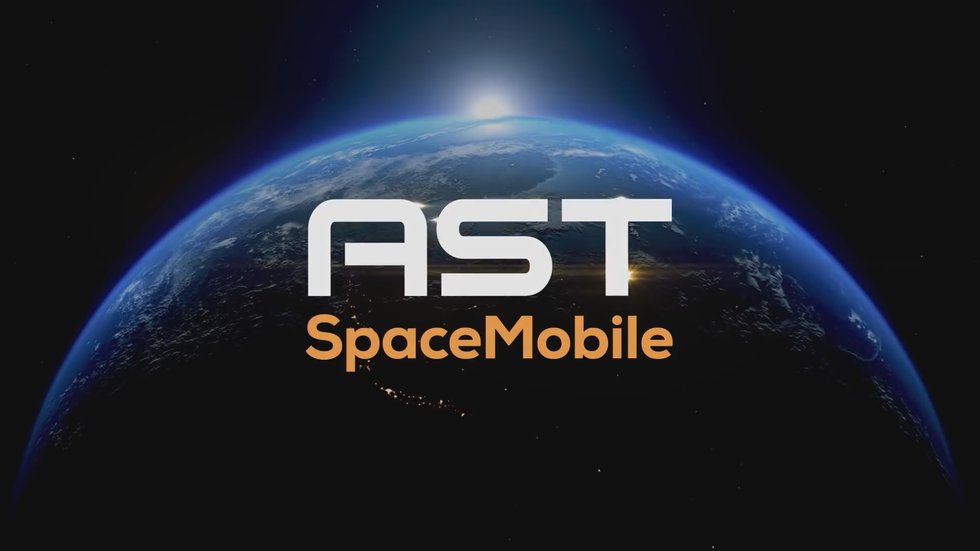FCC boss praises AST SpaceMobile
April 29, 2025

The US Federal Communications Commission (FCC) Chairman Brendan Carr last week visited the AST SpaceMobile (AST) satellite manufacturing facility in Midland, Texas. He was accompanied by Republican senator Ted Cruz on the visit. AST is building a mega-constellation of high-output satellites that will deliver broadband and voice calls direct to a consumer’s ordinary handsets.
Chairman Carr told AST staff at the factory: “You are at the forefront of an absolutely transformative trend in technology”. He added: “Importantly, it’s going to help us secure our national defense, including by making sure we stay ahead of China. Their efforts are part of a broader and important trend in the satellite industry. A new generation of LEO satellite systems are bringing fast and reliable high speed Internet to even more parts of the country and the globe.” A video from Mr Carr described the company as a “high-tech satellite production facility that’s putting up the biggest satellites we’ve ever had in the country.”
Carr said that the current rules on satellite transmissions needed updating. “These next-generation systems are still governed today by rules that were adopted over 30 years ago. The power limits developed in the 1990s hamper satellite broadband by degrading signal quality, reducing coverage, limiting capacity, and making it harder to share spectrum with other satellite systems. Back then, high-speed satellite broadband was considered the stuff of science fiction and the ability to share between satellite systems was primitive. Fast forward to today, and breakthrough
advances enable efficient spectrum use and sharing, making satellite broadband a real competitive option.”
He followed this comment up on April 28th with a more comprehensive statement on current FCC strategy. The report issued ahead of its April public Open Commission Meeting and covered:
· Elevate Next-Generation Satellite Broadband
· Boost All-Of-The-Above Spectrum Strategy
· Close Robocall Loophole
· Simplify Outdated Foreign Ownership Rules
The FCC explained its objectives, saying:
· Modernising Spectrum Sharing for Satellite Broadband
The FCC considered a Notice of Proposed Rulemaking that would promote efficient spectrum sharing between geostationary and non-geostationary satellite systems. To take account of today’s satellite technology and operations and to promote efficient co-existence and expanded services to American consumers, the item would review power limits developed in the 1990s on non-geostationary satellite orbit, fixed-satellite service systems for the protection of geostationary satellite networks.
· Utilising the Lower 37 GHz Band
The FCC considered a Report and Order, Sixth Report and Order, and Further Notice of Proposed Rulemaking establishing a licensing framework for use of the 37–37.6 GHz band (Lower 37 GHz band). (WT Docket
· Caller ID Authentication on Non-IP Networks to Block Robocalls
The FCC considered a Notice of Proposed Rulemaking that proposes to develop a framework for evaluating whether non-IP caller ID authentication solutions are developed and reasonably available, as required by the TRACED Act, proposes to conclude that certain existing solutions satisfy those requirements, and proposes to require that providers that continue to rely on non-IP networks implement non-IP caller ID authentication solutions.
· Clarifying Foreign Ownership Rules
The FCC considered a Notice of Proposed Rulemaking that would set clear expectations about the Commission’s review under section 310(b) of the Act of foreign investment in common carrier wireless, aeronautical radio, and broadcast licensees to reduce unnecessary burdens on industry while continuing to protect the public interest, including national security, law enforcement, foreign policy, and trade policy. (GN Docket No. 25-149).
Other posts by :
- Russian satellite tumbling out of control
- Rakuten makes historic satellite video call
- Rocket Lab confirms D2C ambitions
- Turkey establishes satellite production ecosystem
- Italy joins Germany in IRIS2 alternate thoughts
- Kazakhstan to create museum at Yuri Gagarin launch site
- AST SpaceMobile gets $42 or $1500 price target
- Analyst: GEO bloodbath taking place
- SES AGM results: Appaloosa still objecting
